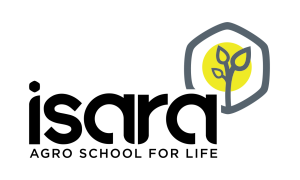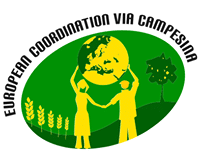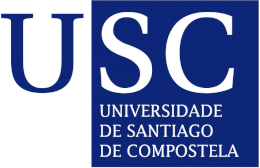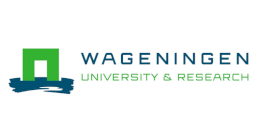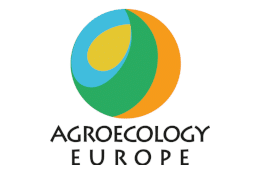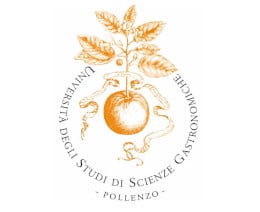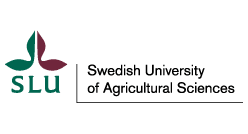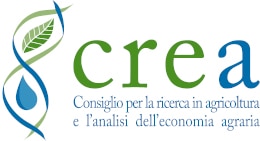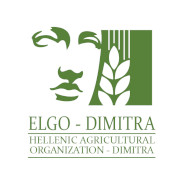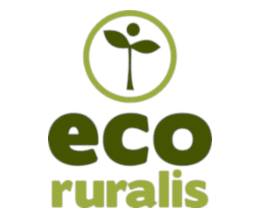ISARA hosted two workshops to discuss the state of funding for agroecology. The workshops explored diverse perspectives, from private foundations to public funding entities, shedding light on the pivotal role they play in the development of agroecology.
The first participatory workshop, held on 15 May 2023, brought together 12 private foundations. The focus was on understanding support from private foundations for agroecology to increase the impact of future programmes, calls for projects, and other initiatives.
The second workshop, held on 12 September 2023, focused on perspectives from agroecology initiatives and public and private funding entities. The discussion covered various facets of the current funding dynamics for agroecology, including existing bottlenecks, opportunities to overcome barriers, and leverage points to foster the development of agroecology at the European and international levels.
Dynamics of supporting agroecology: examples from projects and initiatives
Agroecology initiatives primarily rely on a combination of resources from European Union funds, both at the national and EU levels, as well as support from global private foundations, which are predominantly based in Europe and North America.
The initiatives also actively cultivate partnerships and collaborations with a diverse range of stakeholders, driven by project-based activities. Through these collaborative projects, they not only facilitate the exchange of knowledge and expertise but also foster a shared commitment.
Strengthen the support of private foundations for the development of Agroecology
Private foundations, known for their flexibility, exhibit a wide range of contexts and strategies, posing challenges in determining the appropriate scale of interventions and strategies. To address this, a pool funding approach among foundations may be required to gather the necessary resources and achieve more substantial goals at various levels, from local networks to the national political level.
Agroecology and the areas of support from foundations
Entry points for foundations to support agroecology are environmental and climate action activities. Most of the funding comes from environmental foundations that address agriculture in the context of climate change and biodiversity. Key areas of interventions include research and development, demonstration and communication of best practices, strengthening networks and collaborations, and capacity building with infrastructure support.
Public funding and policy implication
The European Commission proposed a partnership, starting in 2023/2024, aiming to “accelerate the transition towards agroecology throughout Europe”. This partnership aims to structure and support a network of living labs and research infrastructures to accelerate the transition towards agroecology.
Financial instruments within Horizon Europe will allocate resources to boost fundamental research on agroecology through applied research and give rise to ready-to-use solutions for scaling up in real-life environments. The partnership involves 28 countries with a budget of €300 million, half of it provided by the European Commission.
Recommendations
As a result of the workshops, several recommendations emerged:
- Integration and pooling funding resources: Collaboration among foundations can synergize efforts, thereby enhancing the long-term impact of projects.
- Strategic topics for foundations: Foundations must proactively explore strategic topics that are out of reach by public funding, ensuring comprehensive support for agroecology.
- Monitoring and evaluation tools: The development of monitoring and evaluation tools is necessary to ensure efficient agroecology implementation and allocation of resources.
- Private-public collaboration: Exploring the complementarity of the Common Agricultural Policy (CAP) fund involving private foundations in public policy helps advance the development of agroecology.







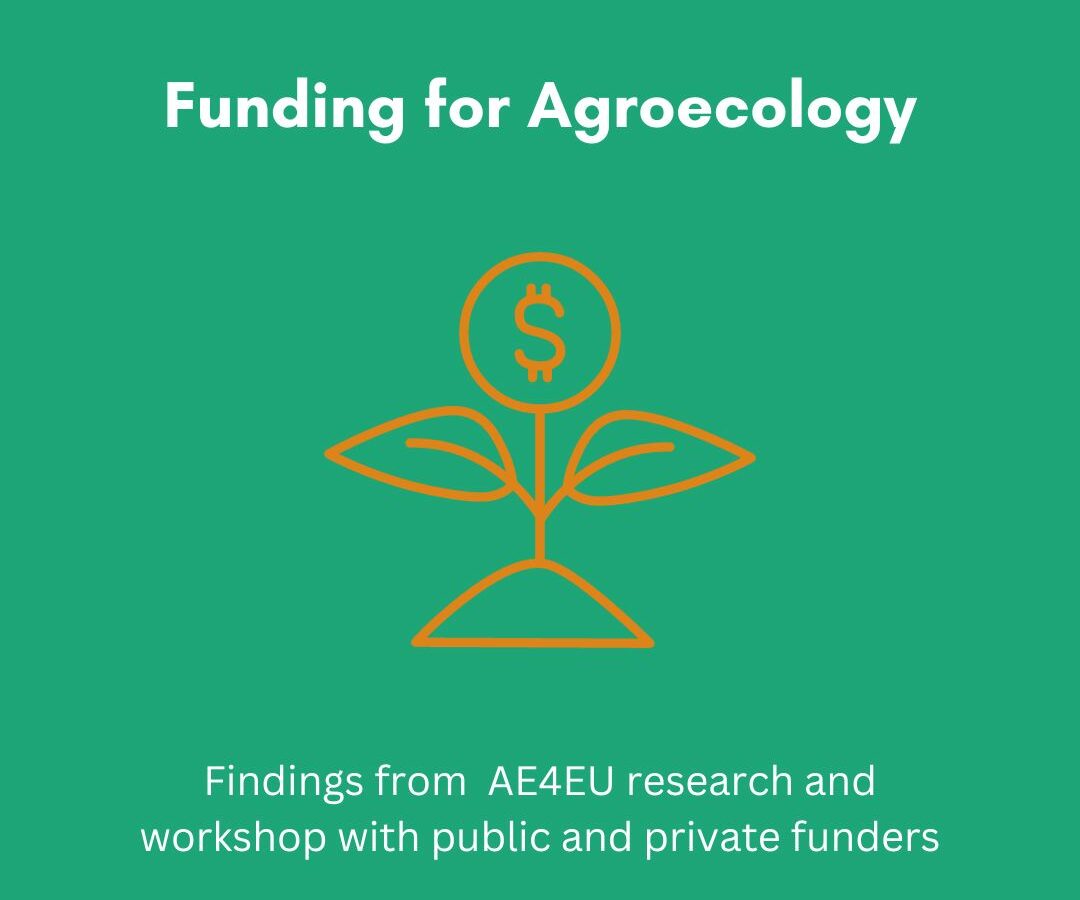
 The New Farmer and Artisanal Market of the AE4EU Italian Living Lab
The New Farmer and Artisanal Market of the AE4EU Italian Living Lab
